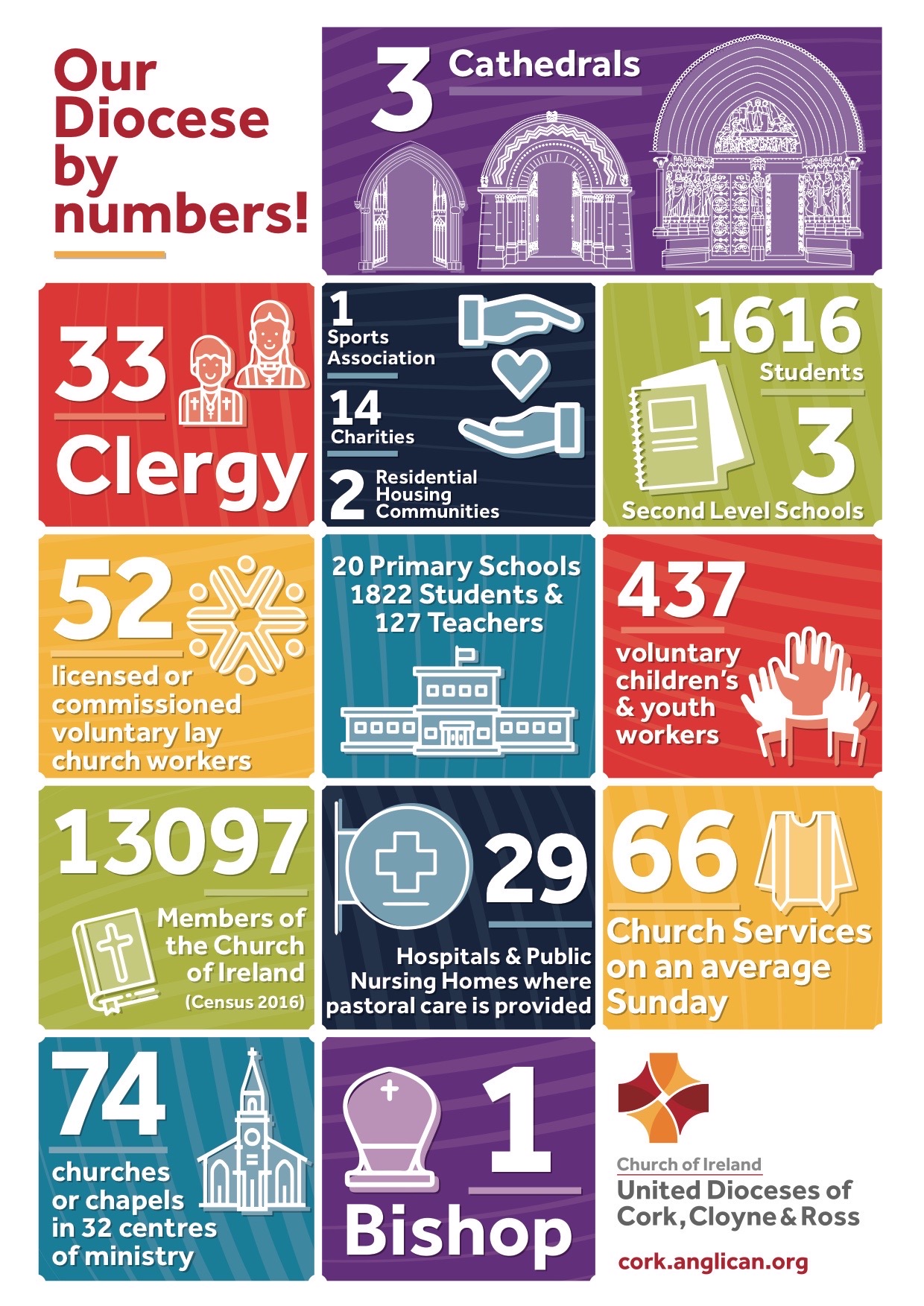Explore The Impressive Development Of Catholic Institutions And Their Substantial Function In Education-- Do Their Practices Supply A Pathway To Future Learning?
Explore The Impressive Development Of Catholic Institutions And Their Substantial Function In Education-- Do Their Practices Supply A Pathway To Future Learning?
Blog Article
Posted By-Rytter Bell
When you take into consideration the background of education, Catholic institutions stand apart for their deep-rooted practices and lasting impact. These institutions began as a way to impart belief and worths, however they've adapted extremely over centuries. Today, they play an important duty fit not simply scholastic success yet likewise moral integrity. What's interesting is just how they have actually handled to grow in the middle of transforming social landscapes, questioning concerning their future relevance and effect.
The Beginnings of Catholic Education And Learning: A Historic Viewpoint
Catholic education and learning traces its roots back over 1,500 years, when very early Christian areas identified the demand for structured discovering. You'll find that these communities aimed to hand down their confidence and worths with education.
Monasteries and basilica colleges ended up being facilities of learning, nurturing both spiritual and intellectual growth. As you delve deeper, you'll see that the educational program typically consisted of approach, faith, and the liberal arts, created to form well-rounded people.
Over time, the Church developed more formal organizations, making certain that education and learning continued to be accessible to all. The commitment to mentor ethical values and cultivating a sense of community has lingered through the centuries, forming the academic landscape and affecting plenty of lives worldwide.
Get More -lasting tradition continues to influence Catholic education and learning today.
The Evolution of Catholic Institutions Through Cultural Contexts
As cultures developed, so did the function of Catholic schools, adapting to the social contexts in which they existed. In the early years, these institutions concentrated primarily on religious direction, but as areas expanded, they began to incorporate local languages, custom-mades, and instructional requirements.
You would certainly observe that Catholic institutions commonly came to be centers for social communication, fostering a feeling of belonging among students from various backgrounds. In numerous regions, they addressed societal concerns, such as hardship and discrimination, by providing accessible education and learning for all.
As you discover various cultures, you'll see just how Catholic schools have moved their curricula and training techniques, mirroring the worths and difficulties of their atmospheres while holding to their foundational objective of confidence and academic quality.
The Modern Duty and Effect of Catholic Schools in Society
In today's world, Catholic schools play a vital function in shaping not just the academic landscape, but also the wider area.
You'll discover that these institutions highlight worths like regard, compassion, and social justice, promoting all-around individuals who contribute positively to culture. By concentrating on https://www.nytimes.com/2021/04/17/us/minority-acceptance-ivy-league-cornell.html and ethical advancement, Catholic colleges prepare students for future challenges, supporting essential reasoning and leadership abilities.
They usually offer varied populations, bridging gaps in accessibility to top quality education. In addition, you might discover their commitment to service, motivating trainees to engage in neighborhood outreach and volunteer job.
This mix of education and learning and ethical guidance makes Catholic institutions a significant pressure, cultivating liable citizens who can affect their areas right.
Verdict
In conclusion, Catholic institutions have a rich history that's formed their enduring effect on culture. You have actually seen how they've adapted to different social contexts while maintaining a commitment to confidence, worths, and scholastic quality. Today, they remain to play an essential duty in fostering community, advertising social justice, and nurturing responsible residents. As you assess their heritage, it's clear that Catholic institutions continue to be an effective pressure for favorable adjustment in the world.
